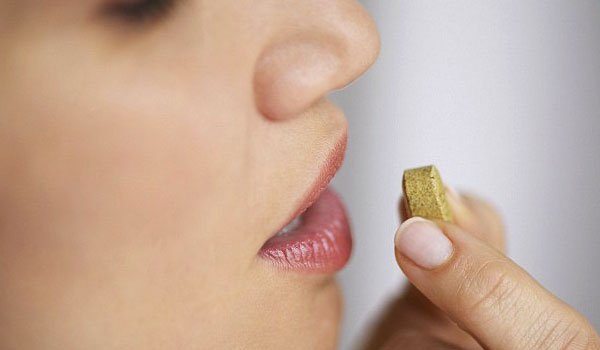That's the question being asked by a group of scientists who are developing a pill that can artificially produce feelings of kindness.
The drug works by changing the neurochemical balance in the prefrontal cortex of the brain, which is responsible for personality, social behaviour and decision-making.
Scientists say it could also someday help treat mental illnesses, such as schizophrenia or addiction.
'Our study shows how studying basic scientific questions about human nature can, in fact, provide important insights into diagnosis and treatment of social dysfunctions,' said Ming Hsu, a co-principal investigator at University of California, Berkeley.
Our hope is that medications targeting social function may someday be used to treat these disabling conditions,' added Andrew Kayser, a co-principal investigator on the study, at University of California, San Francisco.
As part of the study, participants on two separate visits received a pill containing either a placebo or tolcapone, a drug that prolongs the effects of dopamine.
Dopamine is a brain chemical associated with reward and motivation in the prefrontal cortex.
Participants then played a simple economic game in which they divided money between themselves and an anonymous recipient.
After receiving tolcapone, participants divided the money with the strangers in a fairer, more egalitarian way than after receiving the placebo.
'We typically think of fair-mindedness as a stable characteristic, part of one's personality,' said Hsu.
'Our study doesn't reject this notion, but it does show how that trait can be systematically affected by targeting specific neurochemical pathways in the human brain.'
In this study of 35 participants, including 18 women, neither participants nor study staff members knew which pills contained the placebo or tolcapone.
Computational modeling showed Hsu and his colleagues that under tolcapone's influence, game players were more sensitive to and less tolerant of social inequity.
By connecting to previous studies showing that economic inequity is evaluated in the prefrontal cortex, a core area of the brain that dopamine affects, this study brings researchers closer to pinpointing how prosocial behaviors such as fairness are initiated in the brain.
'We have taken an important step toward learning how our aversion to inequity is influenced by our brain chemistry,' said the study's first author, Ignacio Sáez, a postdoctoral researcher at the Haas School of Business.
'Studies in the past decade have shed light on the neural circuits that govern how we behave in social situations. What we show here is one brain 'switch' we can affect.'
(DailyMail)






